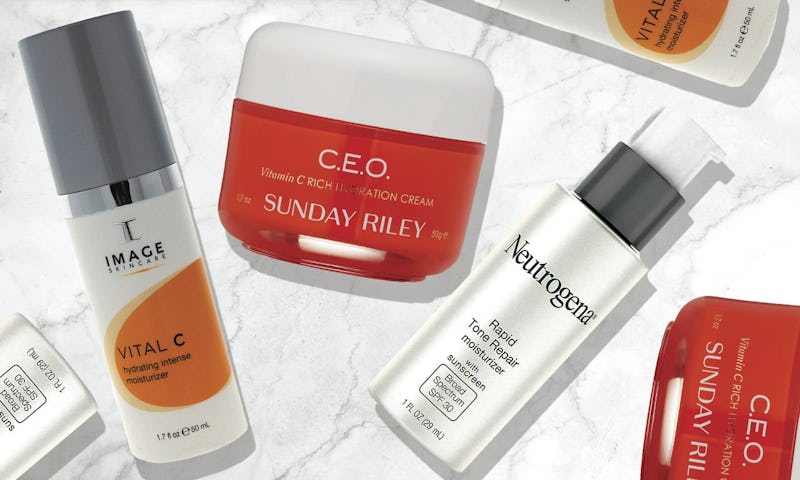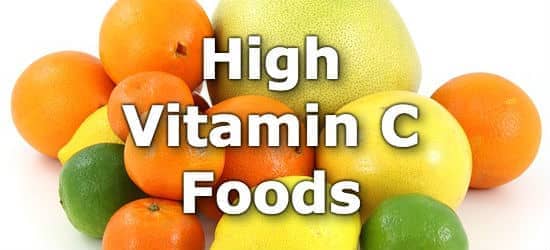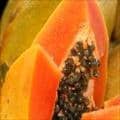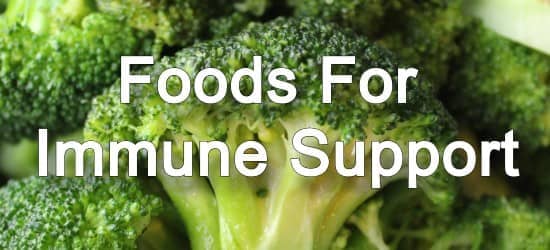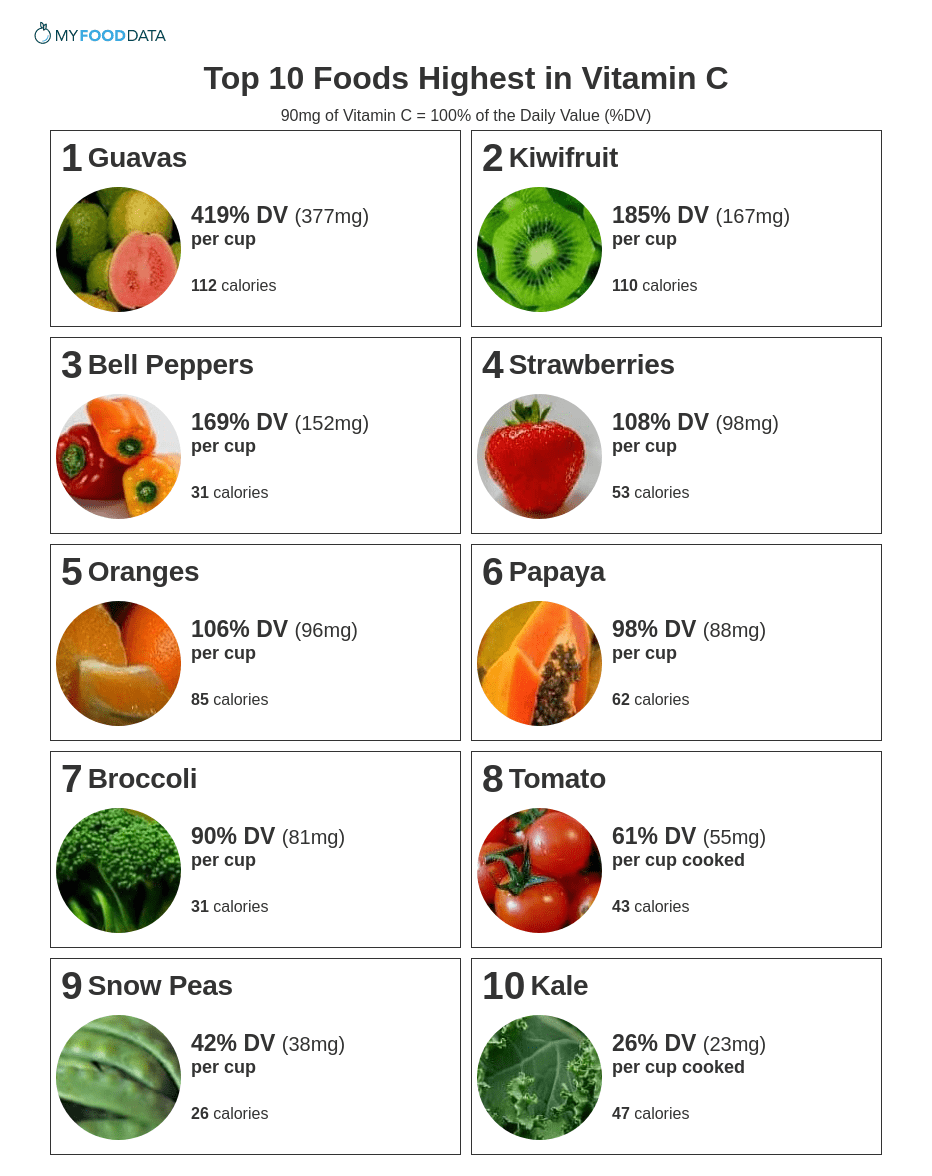Lemon Plus Vitamin C Body Soap Scrub
Style
5 Glow-Enhancing Face Masks That Contain One *Very* Key Ingredient

Bustle/Amazon
You've seen plenty of beauty brands touting their vitamin C-enriched products of late, and know that the ingredient can help promote a glowier, more even-looking complexion, while also helping to prevent future skin damage from things like free radicals. And while vitamin C is often touted as the hero ingredient in serums and creams, it's worth incorporating one of the best vitamin C masks into your routine, too. Ahead, you'll find five top-quality picks for every skin type and budget; but first, some key tips and insights from board-certified dermatologist Dr. Jordana Herschthal, M.D., with whom Bustle spoke for this article.
"Vitamin C is a reliable and naturally occurring antioxidant important for our skin's health," explains Dr. Herschthal. "Normal skin contains high concentrations of vitamin C, as it is vital for collagen production and antioxidant protection. As we age, the levels of vitamin C in our skin can decrease. If present in the correct formulation, topical vitamin C as ascorbic acid can help boost the skin's vitamin C content." Dr. Herschthal also notes that topical vitamin C "has been shown to augment sunscreen's protective effects."
Though Dr. Herschthal reports that, occasionally, some acne-prone patients may experience breakouts with the use of topical antioxidants, for the most part, vitamin C is a well-tolerated ingredient for most skin types — even people with sensitive or redness-prone skin. The quality of your topical vitamin C product is more important than the chosen delivery method, so if you prefer a vitamin C mask over a vitamin C serum (or vice versa), that's absolutely fine.
To that end, below are five of the best face masks containing vitamin C, including a travel-ready sheet mask, an at-home facial peel, and a formula created specifically for acne-prone skin. All will leave your skin looking and feeling its best — so scroll on to shop them now.
We only recommend products we love and that we think you will, too. We may receive a portion of sales from products purchased from this article, which was written by our Commerce team.
1
The Best Vitamin C Mask For Most Skin Types
This OZNaturals Vitamin C + Sea Hydration Mask uses sodium ascorbyl phosphate as its main source of vitamin C, which is a less intense form of the ingredient, so it's a gentler choice for sensitive skin types. Other key ingredients include hydrating hyaluronic acid, exfoliating retinol, and another important antioxidant — vitamin E — as well as a whole host of soothing and hydrating botanicals like aloe vera, rose hips, and chamomile. The cold-pressed formula is also vegan, cruelty-free, and hypoallergenic; expect clearer, firmer, more radiant-looking skin.
2
The Best Vitamin C Mask For Acne-Prone Skin
Acne-prone skin types can use AcneFree's Therapeutic Sulfur Mask to unclog pores and absorb excess oil, thus helping to prevent future breakouts and calm current ones. Bentonite clay, zinc, copper, and meadowsweet — all great ingredients for oily and/or acne-prone skin — all make appearances here, while vitamin C helps to even out skin tone and promote a brighter complexion. The coolest thing about this mask is that it turns from white to blue as it becomes fully absorbed, so you'll know exactly when it's time to wash it off.
3
The Best Vitamin C Mask For Dry Skin
Though it's hard not to think of the sugar bombs we drop into our hot chocolate, the plant-derived marshmallow root extract found in this Bliss Mighty Marshmallow Whipped Mask can actually help hydrate and soften dried-out skin. It also contains vitamin C in the form of ascorbic acid, along with other antioxidants and purifying botanical oils. But perhaps the most appealing thing about this mask (about from its stellar, clean ingredients list) is its whipped, marshmallow-y texture that feels delightful to apply. Enjoy softer, glowier skin.
4
The Best Vitamin C Sheet Mask
Sheet mask obsessives and frequently carry-on-only travelers will love this vitamin C sheet mask from Rael. Pomegranate, fig, and citrus fruit extracts — which are all vitamin C-rich antioxidants — offer brightening benefits, while allantoin, hyaluronic acid, and niacinamide work to soothe, hydrate, and even out skin, respectively. For an extra refreshing experience, pop the mask in the fridge before you use it.
5
Another Great Vitamin C Mask To Consider
Lemon Plus Vitamin C Body Soap Scrub
Source: https://www.bustle.com/p/the-5-best-vitamin-c-masks-22585066



